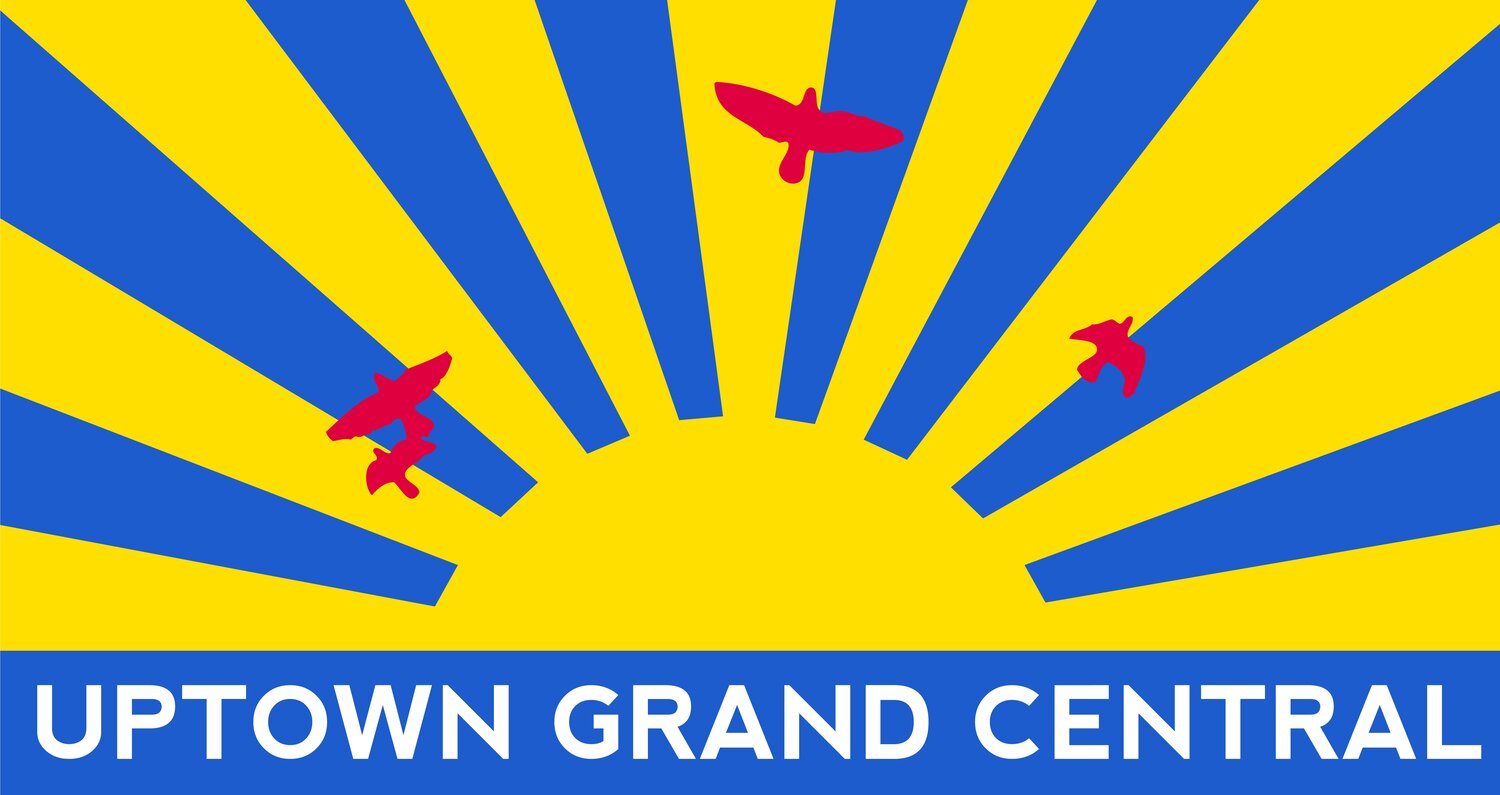PATCH
By Nicole Rosenthal
East Harlem is Manhattan's only district without a BID, which would promote safety, cleanliness and responsible development, officials say.
EAST HARLEM, NY - East Harlem residents and business owners are rallying together to create a business improvement district in the neighborhood, which is Manhattan’s only community district without one already in place, officials say.
Spearheaded by East Harlem nonprofit Uptown Grand Central, the NYC Department of Small Business Services (SBS), Deputy Council Speaker Diana Ayala and local business owners, tenants and community leaders, the East Harlem BID is planned for East 125th Street and would work to promote safety, beautification and “culturally responsible” development in the area, the groups told Patch.
A BID is a joint public-private partnership where property owners pay an assessment that is used to provide services in a given district. There are 70-plus BIDs across New York City to date.
“Much-needed services” including district marketing, community programming, sanitation, streetscape design and overall commercial and cultural health of the East 125th Street corridor are all part of the BID’s core mission.
“Ultimately, the goal is for Uptown Grand Central and the BID to work together to deliver sustainable services to the district,” said Carey King, director of Uptown Grand Central, a nonprofit which has worked for over a decade in East Harlem to clean streets, underwrite public art, sponsor community events, showcase small businesses, and improve public safety and sanitation. "The addition of the resources of a BID will ensure consistency and help us make these services more robust.”
The approved boundaries on East 125th Street are between east of Fifth Avenue to Second Avenue; south to 124th Street on some blocks and north to 128th Street on others. The BID blocks include a mix of small retail, not-for-profit buildings, exempt government-owned sites, commercial buildings, development sites and larger affordable- and mixed income residential buildings.
The 125th Street corridor in East Harlem serves as the final stop of the proposed Second Avenue Subway and has already seen significant residential development over the past decade, which has brought its own set of unique challenges, officials said.
Large numbers of people who require “significant services” crowd the streets and sidewalks; East 125th Street also has the highest concentration of mental health and drug treatment facilities in New York City, and is the drop-off location for the thousands of individuals served by the shelters and programs on Randall’s Island, officials said.
In recent months, an increasing number of businesses along the East 125th Street corridor have closed, leaving a swath of empty storefronts.
The BID would bring $750,000 in neighborhood resources in the first three years, then up to a legal maximum of $1 million after three years if approved by a supermajority vote of the board, officials said.
Each property owner’s contribution would be determined by an assessment formula based on the property’s front footage and taxable value. The assessment formula was designed to be equitable for all the BID’s members, with special emphasis on supporting and promoting affordable housing, officials added.
The East 125th Street BID process is now reaching its outreach phase, which will include a minimum of two public meetings and canvassing local businesses and property owners. With support, the BID formation process can then advance into the legislative phase with review by Community Board 11, the City Planning Commission, the City Council and the mayor.
BID planning committee members include co-chairs from the Caribbean Cultural Center African Diaspora Institute and The Durst Organization; representatives from 1775 Houses Tenants Association; Artimus; Blumenfeld Development Group; DDM Development; Extell Development; Harlem Berry Beauty Lounge; Harlem Children’s Zone; Harlem Neighborhood Block Association; MADDD Equities; Mt. Sinai; the N.Y. Proton Center; Positive Workforce; The Richman Group; Sisters Caribbean Cuisine and Zaro’s Family Bakery.
“Over the last 18 months, a dedicated and diverse group of civically minded residents, business leaders, not-for-profits, property owners, elected officials and city agencies have rolled up their sleeves and created a blueprint for the East 125th Street BID,” said Melody Capote, Executive Director of the Caribbean Cultural Center African Diaspora Institute. “We have created a community-focused and inclusive plan to empower our community, beautify our streets and improve the quality-of-life for residents, visitors, business owners and everyone who comes to East 125th Street.”

